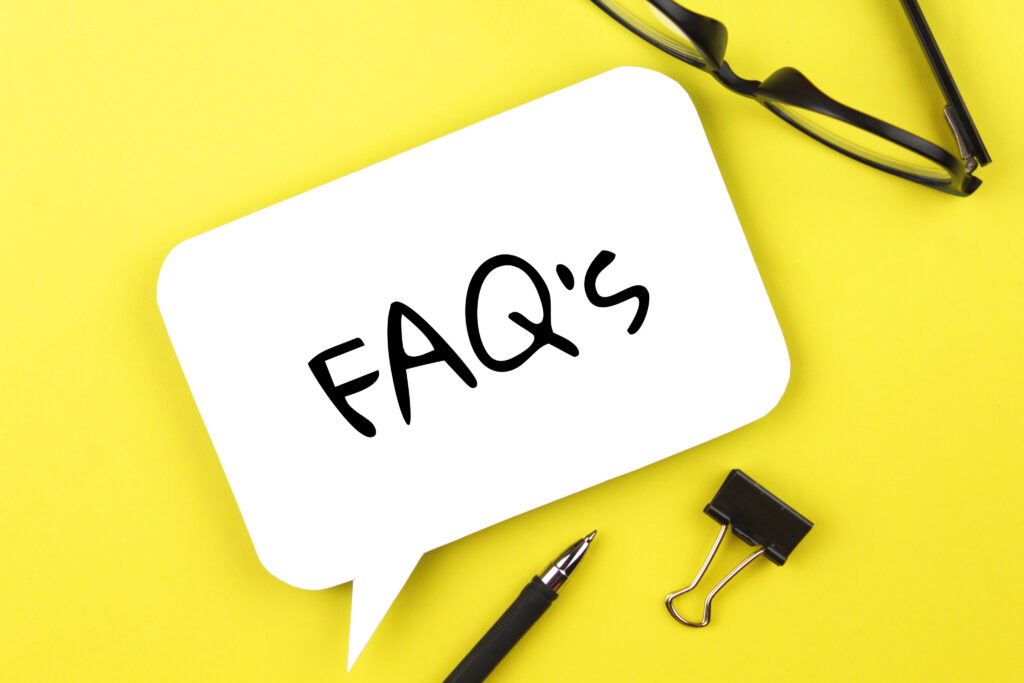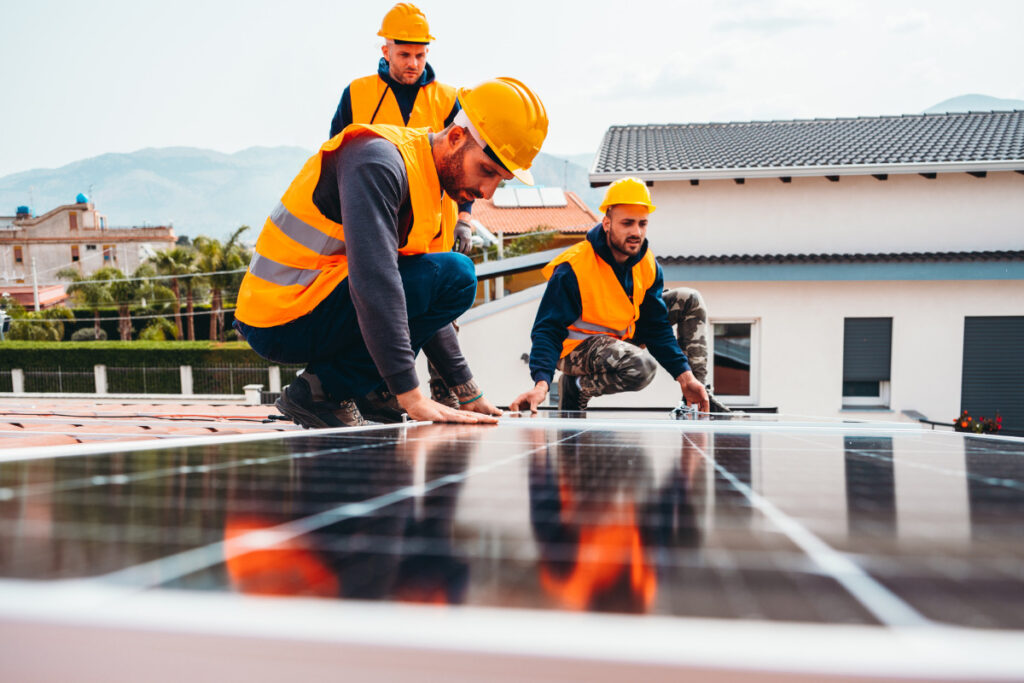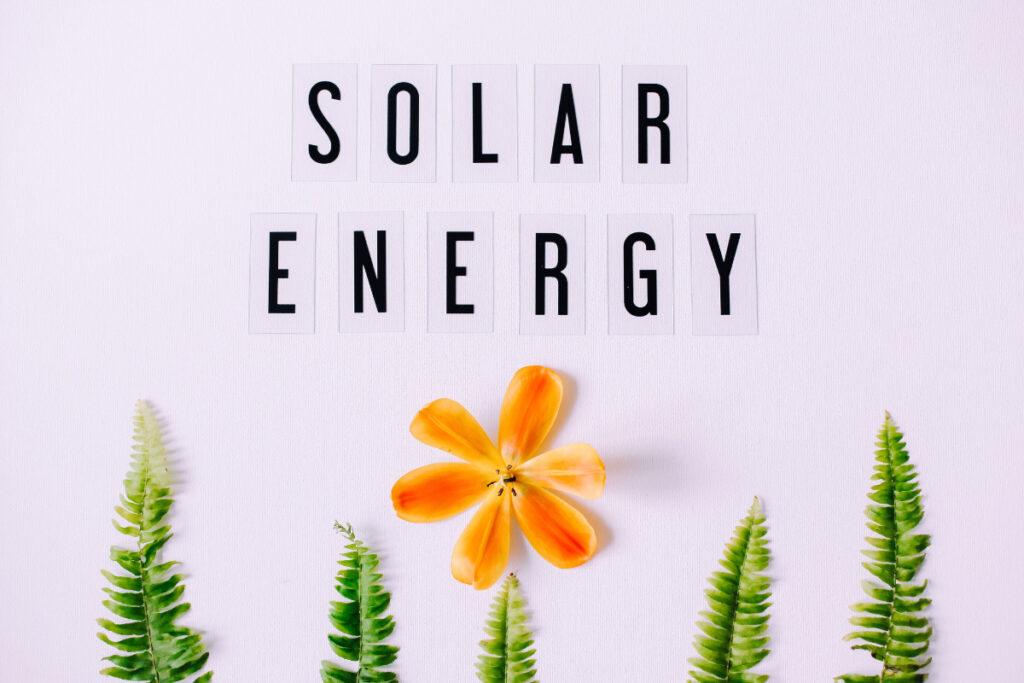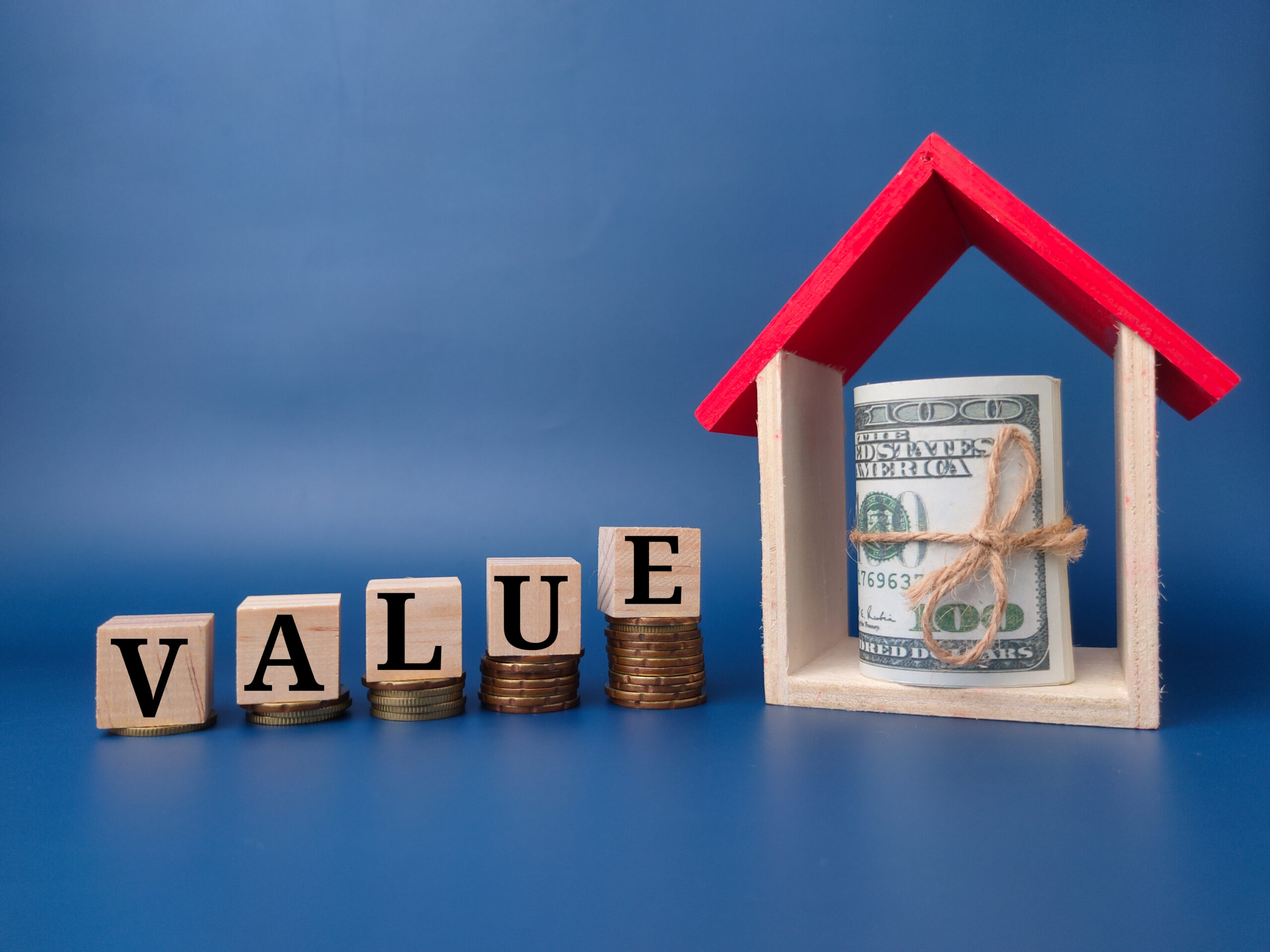Introduction
Welcome to DroneQuote, your trusted solar and roofing marketplace dedicated to providing honest, educational, and quality quotes from leading solar and roofing companies. As the global push for green energy gains momentum, it’s essential to understand that going solar may not always be the best solution for everyone.
This comprehensive guide will reveal the hidden downsides of going solar. We will present alternative energy-efficient options that could better suit your needs. Our customer-first approach ensures you make well-informed decisions by examining factors like poor ROI or insufficient usage that might deter you from choosing solar power. Let’s dive into the world of sustainable energy choices!
The Downsides Of Going Solar
Going solar can be expensive since solar panel installation costs are relatively high compared to traditional energy sources. Solar panels may also be less reliable on cloudy days or at night due to unpredictable weather patterns. Maintenance and repair costs should be considered as part of the long-term investment in solar technology, and limited efficiency may not justify the savings from reduced utility bills. If you plan on selling your home soon after installing solar panels, investing in alternative energy-efficient solutions may be a better option since you might not recoup your investment.
High Upfront Costs
The high upfront investment required for solar panel systems is a significant barrier for many homeowners. The costs associated with solar installations extend beyond just purchasing the panels themselves and can include permitting fees, labor charges, and electrical system upgrades.
Additionally, federal tax credits are decreasing in value over time. State incentives vary greatly by region, making it difficult for homeowners to recoup their investment through energy savings alone. To break even within 10 years on a $15,000 system cost, a homeowner would need an average monthly energy bill reduction of about $125 per month. This may take longer than anticipated depending on household usage patterns and local electricity rates. Other energy-saving solutions available may prove more financially appealing when compared to the potential benefits of installing solar panels .
Weather Dependence
One significant downside to solar power is its weather dependence. Which can be a serious concern for those considering a switch to this renewable energy source. Solar panels generate electricity from sunlight, so they cannot produce power during cloudy days, heavy rain, snowfall, or nighttime. Homeowners living in areas with inconsistent sun exposure or inclement weather conditions may experience reduced efficiency in their solar energy system, which can limit the potential savings on utility bills.
Unfavorable weather conditions can impact solar panel performance immediately, but long-term changes in climate patterns can also affect overall efficiency. Increased storm frequency or cloudy skies due to climate change can negatively impact ROI. Examining local climate trends and seasons is essential in determining the financial feasibility of going solar. Honest quotes from reputable providers like DroneQuote’s solar marketplace can provide accurate information tailored to your location. Using such information ensures that you make informed decisions about going solar. This helps you get the most out of your investment while reducing your carbon footprint.
The challenges presented by weather dependence further highlight the importance of exploring alternative energy solutions that offer more stable performance under varying circumstances. Implementing measures like opting for energy-efficient appliances or investing in geothermal heating and cooling systems can provide more reliable cost savings while reducing one’s carbon footprint without being limited by unpredictable fluctuations in sunlight availability.
Maintenance And Repair Costs
One of the challenges homeowners face with solar power systems is maintenance and repair costs. While many assume that these systems are low-maintenance, wear and tear on technology can lead to a decrease in performance over time. Regular cleaning of solar panels is also necessary to maintain their efficiency levels, which may require professional services.
The inverter, responsible for converting sunlight into usable energy within the home, may need replacement at some point during the system’s lifetime. Inverters typically come with warranties lasting between 5-15 years but have a shorter lifespan than solar panels themselves. This means additional expenses tied to replacing an inverter more than once throughout the installation’s life.
Maintaining a good relationship with a reputable vendor providing quotes for solar marketplaces is crucial to ensure access to trusted technicians when issues arise. Consumers considering this renewable energy source should assess all potential costs against savings from lower monthly bills and take usage patterns into account before deciding if going solar makes economic sense or not.
Limited Efficiency
Solar energy has some limitations that should be considered before making the switch. Factors such as weather conditions, shade from nearby trees and buildings, or poor equipment quality can result in lower energy output and reduced savings on electricity bills. Additionally, the upfront costs of installing solar panels may not be justifiable for households with minimal electricity consumption throughout the day.
Despite these drawbacks, there are other options worth exploring to save on energy costs without relying solely on solar power. Upgrading appliances to Energy Star-rated models, sealing air leaks around windows and doors using weatherization techniques, implementing geothermal heating and cooling systems, and conducting home energy audits to identify areas for improvement are all viable solutions.
Resale Value
Homeowners may have concerns about the resale value of their property when investing in solar energy. The cost of installing a solar system might seem daunting, but studies show that homes with solar panels typically sell for more money than those without. In fact, an average increase of 17% was reported by the National Renewable Energy Laboratory (NREL) among comparable non-solar homes.
It’s worth noting that owning the system outright is key to maximizing your ROI and overall benefits as leasing or financing can complicate things and impact profitability later on. Additionally, investing in other alternative energy solutions such as geothermal heating and cooling, weatherization, and smart HVAC management systems can further improve a home’s efficiency levels and even boost potential sales prices by attracting eco-conscious buyers.
Alternative Energy Solutions
Consider energy-efficient appliances, weatherization, geothermal heating and cooling, and home energy audits as viable alternatives to going solar.
Energy-efficient Appliances
Investing in energy-efficient appliances is a smart choice for those looking to reduce their carbon footprint and save on energy costs. Upgrading older models with new, high-efficiency refrigerators, washing machines, dishwashers, or dryers can result in significant long-term savings despite the initial cost. Smart home technology systems like Nest Thermostat can also help reduce heating and cooling expenses.
When shopping for new appliances, look for an Energy Star rating that indicates how much power they consume compared to similar devices. Opting for LED lighting fixtures instead of traditional incandescent bulbs can also lead to substantial reductions in electricity usage – up to 90% less wattage consumed per bulb.
Not only do energy-efficient appliances provide financial benefits through lower bills over time but they also offer several environmental advantages. Indoor air quality improves as non-renewable sources of energy such as coal or oil are used less often when utilizing more sustainable options at home. Purchasing these eco-friendly choices presents a meaningful opportunity for individuals and communities across America to take action toward fighting climate change collectively.
Weatherization
One option to reduce energy consumption and reliance on traditional power sources is weatherization. By properly sealing and insulating a home, homeowners can add additional insulation, caulking or weather-stripping doors and windows, and fix any leaks or drafts in the structure. This leads to decreased heating and cooling costs as well as less strain on HVAC systems that have to work harder if there are air leaks present.
Weatherization combined with a smart thermostat ensures efficient heating and cooling throughout the year without relying on constant adjustments. Geographic location affects the financial viability of weatherization versus solar panel installation due to variable climate conditions across the US. Homeowners should research state-level incentives before making decisions about expensive projects such as solar installation, which come with considerable upfront costs. Federal subsidies are available through incentive programs such as net metering schemes that lower electricity bills and promote renewable energy deployment.
Geothermal Heating And Cooling
Geothermal heating and cooling reduces your carbon footprint and saves money. It uses natural heat and consumes less energy than traditional HVAC systems, resulting in up to 70% savings on annual bills. These low-maintenance systems have fewer components and a longer lifespan of around 25 years.
Installing a geothermal system can increase the value of homes and attract potential buyers when it comes time for resale. Even though upfront costs may be higher than traditional HVAC systems, tax incentives are often available to offset those costs. Furthermore, many states offer rebates or other incentives for switching to renewable energy sources like geothermal heating and cooling. Ultimately, choosing a sustainable option like geothermal not only benefits the environment but also provides long-term cost savings for homeowners looking towards a greener future.
Home Energy Audits
An energy audit is a valuable tool for homeowners to pinpoint areas where they can cut down on their energy consumption and save money. During an energy audit, a professional will analyze the effectiveness of your home’s heating, cooling, and ventilation systems to identify any issues that need fixing. They’ll also check for air leaks, assess insulation levels, and examine other factors that could be contributing to high utility bills.
By recognizing these problem areas and making necessary improvements, you can significantly decrease your overall energy usage while also reducing expenses. Moreover, many states offer financial incentives or tax credits for homeowners who complete an energy audit and implement recommended upgrades. All in all, investing in a home energy audit is a wise decision to optimize efficiency while conserving both finances and resources over time.
Reconsidering Your Solar Options
Before committing to solar, it’s important to consider the long payback periods, uncertainty with warranties, inefficiency in some geographic locations, and maintenance and repair costs – read on to learn more.
Long Payback Periods
Investing in solar panels can be a financially-sound decision, but the payback period can be discouraging. Homeowners may not see a return on their investment for 10 to 15 years, depending on their energy consumption habits and state regulations. If you plan on selling your home before reaching this benchmark or moving out of state, you may not reap all the financial benefits.
One reason for this lengthy payback period is that solar panel installation isn’t cheap. Although prices have been declining over recent years, households still need to invest thousands of dollars upfront in materials and labor expenses. However, there are alternative energy solutions available for households looking to reduce their carbon footprint without breaking the bank all at once – such as more efficient appliances or weatherization improvements – which might offer better value options depending upon individual needs and circumstances.
Uncertainty With Warranties
Investing in solar panels can be a major decision that comes with concerns about warranties. Although there are many panels on the market that come with a 25-year warranty, homeowners may still have uncertainties about what exactly is covered under it. Some warranties only cover manufacturing defects, while others include factors such as weather damage or degradation over time. This lack of clarity can lead to confusion and frustration when something goes wrong, leaving homeowners uncertain if their system is covered.
Moreover, some companies offering solar panels may go out of business before the end of their warranty period, leaving customers without support or recourse. It’s crucial for homeowners to research the company providing solar panels and look into its financial stability before making significant investments.
As an alternative to worrying about complicated warranties, homeowners might consider energy-efficient options like geothermal heating and cooling or home energy audits. These alternatives usually come with more straightforward warranties that cover specific components or services provided by established companies. Ultimately weighing the pros and cons of different energy solutions helps make informed decisions tailored to each homeowner’s needs.
Inefficiency In Some Geographic Locations
It’s a well-known fact that solar panels work best in areas with abundant sunshine. However, not all locations are created equal when it comes to solar efficiency. Some geographic locations may experience cloudy weather for prolonged periods or have frequent overcast skies, making solar panels less effective. For instance, a Pacific Northwest homeowner may get only 2-2.5 hours of winter peak sunlight, while the Southwest enjoys almost year-round sunshine.
Homes located in shaded areas due to trees and tall buildings can hinder optimal energy production from solar panels. Additionally, North-facing roofs generate less power than South-facing roofs since they receive less direct sunlight throughout the day. This is because South-facing roofs, when sunlight shines directly on them at an angle aligned with their latitude, maximize energy output.
It’s essential to consider your location and your home’s orientation before installing solar panels since these factors significantly affect their efficiency and longevity. Working with experienced contractors who understand this will help you make more informed decisions about your renewable energy options. At DroneQuote, we prioritize our customer’s interests above everything else, including considering long-term usage trends and environmental impact.
Maintenance And Repair Costs
Solar energy has its downsides, and one of the major ones is the high maintenance and repair costs involved. Over time, solar panels are exposed to extreme weather conditions that cause wear and tear. As a result, regular cleaning, inspections, and repairs are necessary to ensure proper functioning of the solar system. These costs can add up in the long term resulting in reduced savings on energy bills.
Additionally, even small issues with any component can affect the entire system’s efficiency. Promptly address small solar panel problems to avoid bigger issues and costly repairs later. Solar panel maintenance requires specialized knowledge, unlike other home energy solutions. Hiring unqualified technicians can result in higher labor costs or longer wait times for repairs.
Why Choose Energy-Efficient Alternatives
Choosing energy-efficient alternatives offers cost savings, environmental benefits, reduced maintenance and repair costs, increased efficiency, and improved resale value compared to solar options that may have poor ROI due to limited usage.

Cost Savings
Solar panels are often considered to have a high investment cost, but they can also provide significant long-term savings. Homeowners who choose to go solar lock in low electricity rates for years, reducing their dependence on grid power and potentially saving money as utility rates rise.
Homes with energy-efficient solutions have short-term and long-term ROI benefits. These solutions may require an initial investment but result in reduced maintenance costs. They are a valuable option beyond going solar. Each homeowner’s situation is unique when choosing alternative energy solutions. Weighing available options is crucial to make an educated decision. This decision will benefit your budget now and in the future.
Environmental Benefits
Opting for energy-efficient alternatives instead of solar power can have a significant positive impact on the environment. By reducing reliance on traditional energy sources, it’s possible to decrease your carbon footprint and help combat climate change. There are several options available including geothermal heating and cooling systems, energy-efficient appliances, and weatherization which contribute towards these efforts.
These alternatives help reduce greenhouse gas emissions and prevent air pollution while minimizing water usage, all while saving money. Choosing more environmentally-friendly options indicates an active decision to prioritize sustainability and responsible resource management alongside financial savings.
As we work together towards creating a greener future with cleaner air, water, and soil for us as well as generations to come; making changes like this is becoming increasingly important each day.
Reduced Maintenance And Repair Costs
One of the downsides of going solar is the maintenance and repair costs that come with it. However, by choosing energy-efficient alternatives, you can significantly reduce these expenses. For instance, replacing incandescent bulbs with LED lights can lead to reduced costs in bulb replacements and energy bills. Similarly, installing a programmable thermostat can ensure optimal temperature regulation while reducing wear and tear on your HVAC system.
Another way to reduce maintenance and repair costs is by ensuring proper insulation in your home or business. With better insulation, you’ll need less heating or cooling, which translates into lower utility bills as well as fewer repairs on your HVAC system over time. By focusing on cost-effective methods such as these instead of solar panels with poor ROI potential for many households or businesses, you can save money while still benefitting from energy efficiency.
To increase efficiency and decrease maintenance costs, consider home energy audits. Audits evaluate aspects of energy use, such as air leaks and outdated appliances. With this knowledge, you can take steps towards more efficient usage patterns for long-term savings. This minimizes the need for ongoing repair related to costly mechanical systems like solar arrays or roofing installations.
Increased Efficiency
More and more homeowners are choosing energy-efficient options to lower their utility bills and reduce their carbon footprint. These alternatives offer increased efficiency that leads to lower energy consumption and cost savings. For instance, geothermal heating and cooling systems utilize the natural heat from the earth for regulating indoor temperatures, which is a highly efficient alternative to HVAC systems.
Homeowners can also enhance efficiency by employing weatherization techniques such as sealing air leaks in windows and doors or adding insulation to attics and walls. These upgrades prevent hot or cold air from escaping the house, significantly reducing energy waste. By adopting these energy-efficient solutions, homeowners can save money while making a positive impact on the environment through reduced overall energy usage.
Improved Resale Value
Making your home energy-efficient doesn’t just save you money on monthly utility bills. It can also improve the resale value of your property. Potential buyers are more attracted to homes that have already taken steps towards energy efficiency, as they know they will inherit lower costs over time.
Energy-efficient upgrades like weatherization and new appliances are attractive selling points, but especially important when considering solar panels. While solar may not be for everyone due to high upfront costs and location limitations, upgrading to energy-efficient alternatives can make a significant impact without needing long payback periods or frequent maintenance costs.
An energy audit can help you identify areas to save money while improving your home’s value. At DroneQuote, we help customers find the best solutions, including solar and alternative energy options. Our team is dedicated to providing the best service for our customers.
Conclusion
In conclusion, solar energy may appear attractive, but it has significant downsides. High upfront costs, weather dependence, and maintenance expenses are factors to consider. These challenges may not justify the investment over time.
Energy-efficient appliances, weatherization, geothermal heating/cooling, and home energy audits provide cost savings, increased efficiency, and improved resale value. These are alternative energy solutions that have a reduced environmental impact. At DroneQuote Solar Marketplace we understand that choosing the right solution for you is critical for customer satisfaction.
We provide honest quotes from various vendors to help you make informed decisions. This ensures you find reliable alternatives that meet your specific needs and save costs in the long term. Choose DroneQuote today!

FAQs:
- What are some reasons why someone should not go solar?
Not going solar may be due to high upfront costs. There may be issues with installation and maintenance. Limitations on energy production can also be a reason. There may also be a lack of reliable backup systems during power outages.
- How long does it take for the cost savings from going solar to outweigh initial expenses?
Factors such as system size, energy usage habits, and location affect the time it takes to see a return on investment. Utility rates also play a role. However, according to industry estimates, most homeowners will see a break-even point within 7-20 years.
- Are there any environmental concerns associated with solar panels?
Solar energy is renewable and emits no greenhouse gases. However, manufacturing processes involve toxic chemicals. Panels can be hazardous if not disposed of properly. Concerns remain about solar panel production.
- Can I completely eliminate my electricity bill by installing solar panels?
It is possible under certain circumstances. However, it will depend largely upon how much energy your household consumes. As well as the relative sunlight hours available in your area throughout the year. Battery backups may be necessary for complete energy independence during low power generation. Additionally – other factors like home orientation shading issues need consideration before committing fully towards switching over entirely off-grid mode. These decisions require careful planning while taking into account all relevant factors & seeking professional advice when necessary



